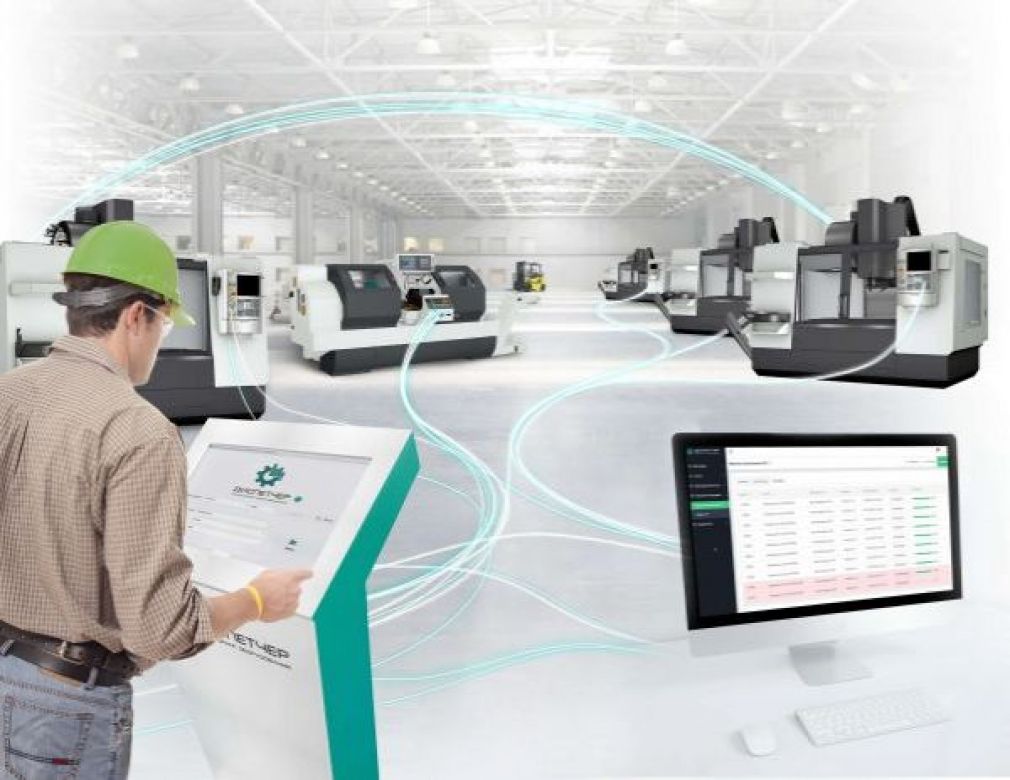
Industrial Control Systems: Ensuring Quality Control in Manufacturing and Food Processing
In industries where precision and safety are paramount, industrial control systems play a critical role in maintaining quality standards, ensuring product integrity and meeting regulatory requirements. These systems use advanced technologies such as CCTV, X-ray scanners and metal detectors to detect defects, contamination and deviations from specifications. In this article, we will take a closer look at the different types of industrial control systems and their applications in manufacturing and food processing.
1. Visual inspection systems:
Visual inspection systems use cameras and image processing algorithms to inspect products for defects, inconsistencies, and deviations from quality standards. Common applications include:
- Surface inspection: Detection of surface defects, scratches, dents and discoloration on manufactured parts or products.
- Dimensional Measurement: Measures dimensions, tolerances, and geometric characteristics of components to ensure compliance with specifications.
- Checking Labels and Imprints: Checking the accuracy, alignment, and legibility of labels, barcodes, and printed information on packaging.
- Assembly check: Ensuring proper assembly and alignment of components in complex products or assemblies.
2. X-ray inspection systems:
X-ray inspection systems use x-ray technology to penetrate materials and provide detailed imaging to detect internal defects, contaminants, or foreign objects. Key applications include:
- Quality control: Inspecting products such as electronics, auto parts, and medical equipment for hidden defects, cracks, or voids.
- Food inspection: detecting foreign objects, bone fragments and other contaminants in food products such as meat, poultry and packaged goods.
- Security Check: Screening of luggage, cargo and parcels for prohibited items, explosives or contraband to ensure security and transportation.
3. Metal Detection Systems:
Metal detection systems use electromagnetic fields to detect metal contaminants or foreign objects in products or raw materials. They are widely used in the food, pharmaceutical and manufacturing industries to ensure product safety and integrity. Key applications include:
- Food Safety: Detection of metal fragments, staples, or broken hardware parts in food products to prevent contamination and ensure compliance with food safety regulations.
- Product Integrity: Ensuring that pharmaceuticals, cosmetics and consumer products are free of metal contaminants to maintain product quality and safety.
- Security Screening: Screening people, luggage, and packages for hidden weapons, metal objects, or contraband in security and law enforcement applications.
4. Advantages of industrial control systems:
- Strengthened Quality Control: Industrial inspection systems allow for real-time monitoring and inspection of products, ensuring that quality standards are met and defects or deviations are minimized.
- Enhanced Safety: By detecting contaminants, defects or foreign objects, these systems help prevent safety hazards, product recalls and consumer injuries.
- Regulatory Compliance: Industrial control systems help you comply with industry regulations, standards, and quality management systems to ensure product safety and consumer protection.
- Cost Savings: Early detection of defects or anomalies through inspection systems reduces rework, scrap and recalls, resulting in cost savings and increased efficiency.
In conclusion, industrial control systems are important tools for ensuring quality control, product integrity and safety in the manufacturing and food industries. Whether it's visual inspection systems for surface defects, X-ray scanners for internal inspection, or metal detectors for detecting contaminants, these advanced technologies play a vital role in maintaining quality standards, meeting regulatory requirements and protecting the health and safety of consumers. By investing in reliable control systems and implementing comprehensive quality control measures, businesses can improve their competitiveness, reputation and customer satisfaction in today's demanding marketplace.






